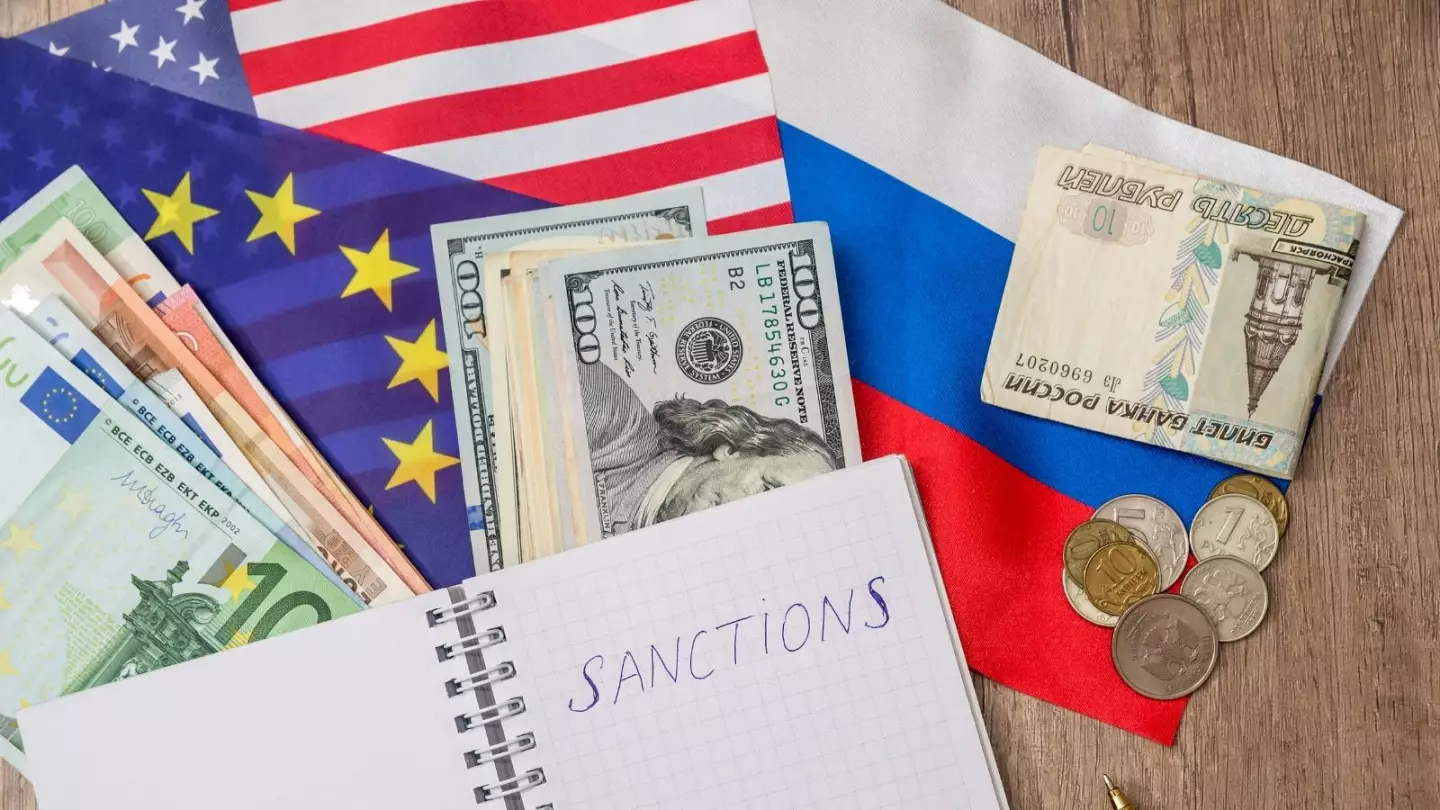After Russia’s military invasion of Ukraine, the United States and the European Union and some other countries imposed sanctions on the country. The new or extended sanctions, in addition to cutting off access of the Russian banks to the SWIFT network, they also target Vladimir Putin and other members of the Russian government.
Of course, the range of the sanctions was not limited to such cases, and for example, even Russian sports were sanctioned, and some companies such as Adidas, Audi, Sony, Microsoft, Apple, and Coca-Cola also sanctioned Russia. In the European Union sanctions map, a list of 39 sanctions against Russia can be seen, some examples of which are as follows:
• Export of goods and technologies with dual use
• Financial and investment services in Russia
• Procurement contracts by Russian companies based in Russia
• Credit rating services and access to those services by people living in Russia
• Road and rail transportation of goods to Russia
• Prohibition of Russian ships entering the ports of member countries
• Prohibition of sale, supply and transfer of export goods and technology used in oil and natural gas refining.
Within the past six months, such sanctions have transformed Russia’s international economic relations. Russia’s gross domestic product in the second quarter of this year, compared to the same period last year, shows a four percent drop, and according to estimates, in the third quarter, this drop will reach seven percent.
In addition to this drop in production, double-digit inflation and reduced access to imported parts by the Russian manufacturers played a role in weakening the Russian economy. As a result, Russian car production fell by more than 60 percent, signaling the entry into a period of recession in the Russian economy.
But gradually, the signs of decreasing inflation and increasing the current account surplus show that the Russian economy is performing relatively well in dealing with the sanctions. However, the sustainability of this resilience is questionable. For example, Deutsche Welle has reported that Germany has secured 85 percent of its gas reserves for the winter, and on the other hand, 70 percent of the gas that Europe imported from Russia has not been purchased, and this country does not have enough facilities to liquefy gas or the required pipeline to export it to the alternative route (East).
In the field of oil, however, Russia is in a relatively better condition and has even convinced the Taliban to take over the supply of needed oil and oil products. In addition, Russia’s Gazprom has also expressed its desire for gas cooperation with Iran, which, if realized, can help to circumvent sanctions by Russia to some extent.
One of the most important ways for Russia to circumvent sanctions is to use Belarus. For example, because transit of Russian trucks is prohibited, their contents are loaded onto trucks with Belarusian license plates to allow crossing the border. Also, the National Bank of Belarus helps the National Bank of Russia in the field of MasterCard and Visa services, and therefore, Russian citizens use the services of this bank.
Another method of Russia to circumvent sanctions is to use non-Western currencies for trade with countries such as India. Sergey Lavrov’s visits to those countries were arranged in order to reach an agreement on evading sanctions, and China and India are Russia’s partner countries in East Asia in terms of evading sanctions.
Relying on its position as a supplier of military equipment to India, Russia has activated the rupee mechanism for trade in oil, military hardware and other goods. Also, during the period of Russian sanctions, truckloads containing rice, tea, coffee and seafood were sent to Russia from India through ports in Georgia, which shows another way of evading sanctions by Russia.
Although Russia has been able to partially offset the effects of EU and US sanctions, the country’s recent failures in Ukraine and the strategic importance of oil and gas exports for that country, along with the advice of international experts to closely monitor Russia’s movements, indicates that in the long term, the cost of circumventing sanctions for Russia will be higher and its benefits will be lower, and the sustainability of its partial success is doubtful.
Dimensions and Consequences of Erdoğan’s Visit to Iraq
Strategic Council Online – Note: Turkish President Recep Tayyip Erdogan’s recent trip to Iraq, after his last visit to Baghdad 13 years ago, is considered one of the most important political, economic, and security developments in the relations between the two countries.
Hamid Khoshayand- an expert on regional issues










0 Comments